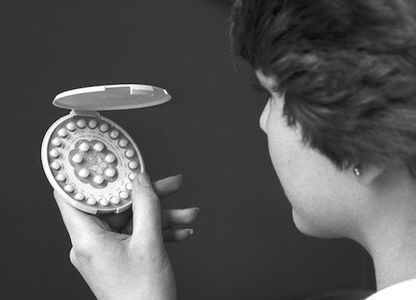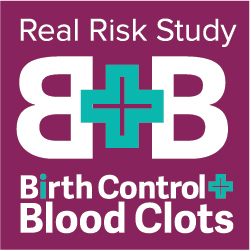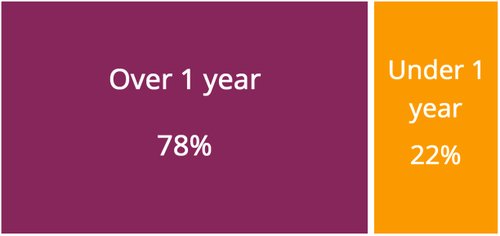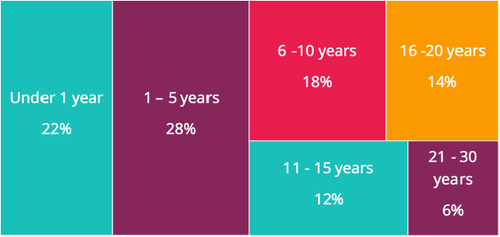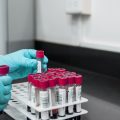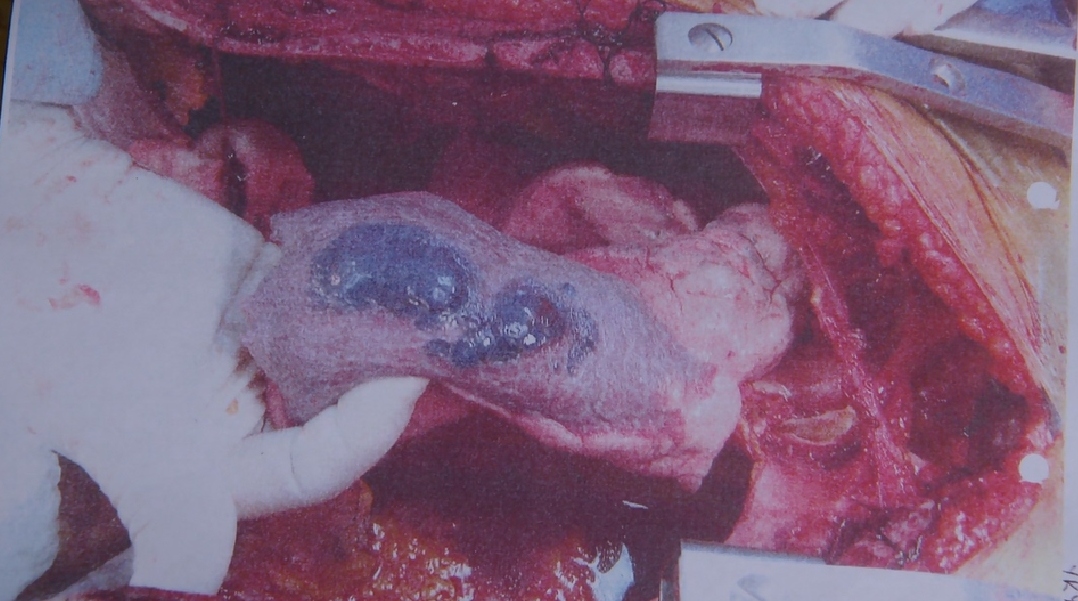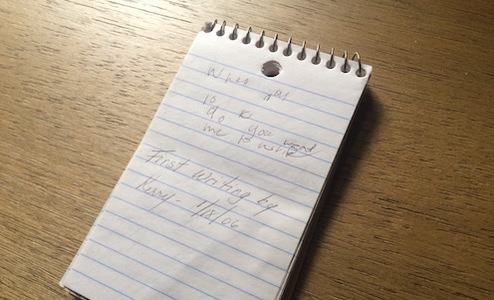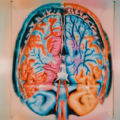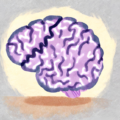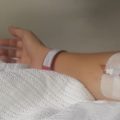I had a stroke from hormonal birth control at the age of 28. Prior to my stroke, I didn’t think much about the side effects of hormonal birth control, or any other medication for that matter. Like many of us, I took for granted that if a doctor prescribed the medication, it must be safe. Especially one as widely used and as cavalierly prescribed as birth control pills. I was so wrong. Nearly dead wrong.
Since that time, I have become increasingly aware of how little we know about the side effects of many medications and how many are under-researched before being “approved.” We can see that in the number of medications that get taken off the market. The pressure of the pharmaceutical companies to make a return on their research investment and their exorbitant advertising budget is putting human safety, and especially the safety of women, at great risk. I wrote my master’s thesis on risk communication, how women are informed of the risks of hormonal birth control, and what they know about blood clots. I’ll write more on that later but suffice it to say, the results were not promising. It appears that we are intentionally misled where drug risks are concerned. “Well, of course,” the cynic in me says. “After all, who is writing the risk communication in the first place?” The very people that need to minimize risks in order to maximize profits.
As mentioned in previous articles, I’ve recently begun a research project involving the Nelson Pill Hearings. Senator Gaylord Nelson scheduled these hearings back in 1970 after a number of reports, books (especially Barbara Seaman’s “The Doctors’ Case Against the Pill”), and studies brought up concerns about the safety of the birth control pill. Feminist groups and women’s health advocates attended the hearings demanding that women who had taken the pill be allowed to testify. To which Nelson responded, “I stated in advance of the hearings that every viewpoint would be heard on this issue… There will be women who testify… I will give you all the time—if you ladies will come to see me—would you girls have a little caucus and decide which one will talk one at a time, we can then decide what ladies will testify. Your viewpoints will be heard, don’t worry about that.” Then they were kicked out. And much of the testimony was never made public.
After a great deal of work from Karen Langhart, with the help of Senator Bernie Sanders’ office, and perhaps an invocation of the Freedom of Information Act, we were able to get a near complete copy of the Nelson Pill Hearing transcripts. (I say “near complete” because I have already found at least one instance of a page missing. But more on that later.)
A Massive Experiment
As someone who has survived a stroke directly related to the birth control pill, you can imagine how strange and challenging it is to read these hearings. Here I am pouring over 1500 pages of testimony from countless doctors who are describing problems, side effects, and dangers of hormonal birth control and as far as I can tell right now, they all seem to agree on two things. One, that putting women on birth control pills was (and I would say, still is) a MASSIVE experiment with millions of healthy women. Two, that there simply wasn’t enough research to understand even the short-term effects, let alone the long-term effects. Though these hearings were 46 years ago, I believe we have yet to discover all the ramifications of this experiment.
They Knew: Pill Induced Stroke
From a personal standpoint, one of the most frustrating discoveries I have made so far was found in the testimony of Dr. David B. Clark, a professor of neurology. Imagine my shock as I read him describing the exact symptoms of my stroke. This was particularly frustrating as my doctors indicated that the reason I was misdiagnosed and left untreated for so long was because my stroke was so highly unusual. And now I’m reading testimony from 1970 that says they knew strokes in young women on hormonal birth control occurred this way. Over forty years ago, these risks (and many more) were identified and, for the most part, ignored. Here is some of his testimony:
“It has been thought for a great many years that spontaneous cerebral vascular accidents are quite rare in healthy, nonpregnant women, especially the younger ones.”- Nelson Pill Hearings, page 6137
So seeing an increase in these should tell us something…
“Further, it was rapidly found, which was embarrassing, I think to all of us, that we did not have a really accurate idea of the incidence of spontaneous cerebral vascular accidents, spontaneous strokes, in young, healthy, nonpregnant women. We did have some comparable information comparing incidence in women with that in men.” -Nelson Pill Hearings, pages 6137-6138
This really isn’t surprising given that women were often excluded from medical research and are still vastly underrepresented in clinical trials.
“In looking at this group of strokes, it seems their time of onset is often prolonged, for days, and even weeks. In a considerable portion of the cases, the onset was marked by premonitory migrainous headache. The patient may have attacks of double vision, they may have transitory weakness in various parts of the body, which recovers for a time: they often report giddiness and fainting attacks, and this finally develops into a full-blown stroke.”- Nelson Pill Hearings, page 6140
These symptoms are almost identical to mine.
He goes on to say that these types of strokes do not appear to be related to arteriosclerosis (hardening or thickening of the arteries) or hypertension (high blood pressure), two normal precursors for stroke. I also had neither arteriosclerosis, nor hypertension.
“So I think it is possible that such premonitory symptoms for days or weeks before the full-blown stroke develops may be a reason for assuming a seeming association with the pill.”- Nelson Pill Hearings, page 6140
Expletives and Indignation
Needless to say, when I got to this testimony, I let fly several loud expletives that served no purpose but to release a decade of frustration and scare my dog. This was 1970! My stroke was in 2006. Where did this information get lost? Why didn’t my doctors know to check for stroke when I presented with an ongoing headache and transitory weakness? Maybe my OB-Gyn wouldn’t have thought I had a migraine and a pulled muscle. Maybe the doctor at the local health clinic wouldn’t have suggested an appointment with a neurologist a week later. Maybe I wouldn’t have been sent home from the emergency room twice. Maybe I wouldn’t have had to suffer the fear and pain of massive seizures. Maybe I wouldn’t have had to relearn how to tie my shoes and relearn how to walk and relearn how to do math.
And as if reading a near-textbook list of my stroke symptoms that no fewer than four doctors misdiagnosed wasn’t maddening enough—the very next doctor to testify at these hearings, Dr. J. Edwin Wood, said the question of whether strokes are caused by hormonal birth control is debatable. He goes on to say that there is “a definite hazard to life while using these drugs because of the side effect of causing blood to clot in the veins” (Nelson Pill Hearings, 6156). Now, I’m definitely not a doctor, but I do know that the majority of strokes are caused by blood clots. More cursing ensued.
So where does this leave us? For my part, I’m going to keep digging. And I’m going to keep telling you what I find.
We Need Your Help
More people than ever are reading Hormones Matter, a testament to the need for independent voices in health and medicine. We are not funded and accept limited advertising. Unlike many health sites, we don’t force you to purchase a subscription. We believe health information should be open to all. If you read Hormones Matter, like it, please help support it. Contribute now.
Yes, I would like to support Hormones Matter.
This article was published originally on April 18, 2016.
